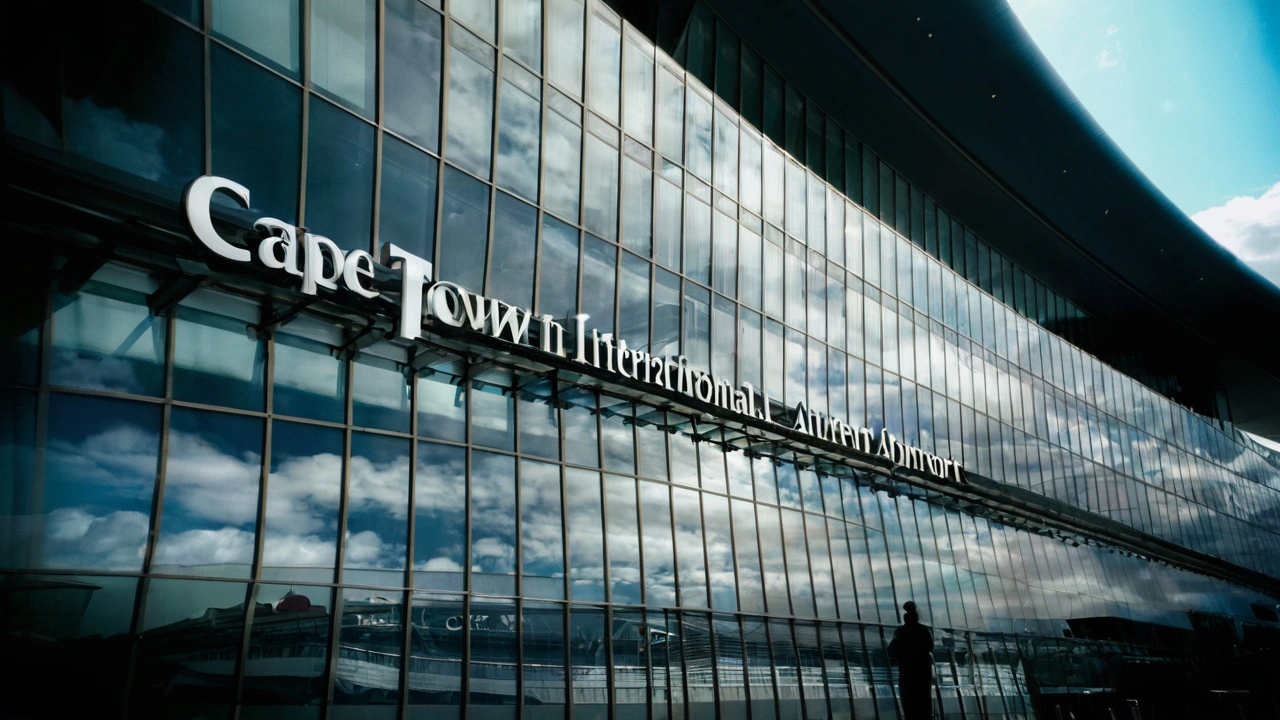Flight disruptions: quick, practical steps when your flight is delayed or cancelled
Flights get delayed or cancelled for lots of reasons: weather, technical faults, air traffic control, crew shortages, or strikes. It’s stressful, but a few simple actions taken right away make the rest of the day much easier. Read this and you’ll know the practical steps to take the minute you hear your flight is affected.
First things to do at the airport or online
Check your flight status on the airline app or the airport screens. Airline apps often update faster than desk staff. If online status is unclear, go to the airline counter or a staffed kiosk. Ask about rebooking options right away — many carriers will offer an alternative flight or a refund.
Document everything. Take screenshots of messages, keep boarding passes and receipts for meals, transport or hotels. Those records help when you file a complaint or claim expenses through insurance or your credit card.
Ask firmly but politely for assistance. Depending on the airline and the reason for disruption, you may be entitled to meals, hotel accommodation, or transport vouchers. Policies vary by carrier and country, so don’t assume what you get — ask exactly what they can provide now.
How to protect yourself and your trip
Use live flight trackers like FlightAware or Flightradar24 and follow your airline’s social channels for real-time updates. If you must change plans, check connecting flights and bookings (hotels, tours) before you accept the next available option.
Call your travel insurance provider immediately if you have a policy. Many plans cover extra costs from delays or cancellations, and some reimburse missed connections. If you booked with a credit card, ring the card issuer too — some cards add travel protections you can use.
Keep essentials in your carry-on: medicines, chargers, snacks, a change of clothes and any important documents. If a delay turns into an overnight, you’ll be glad you didn’t store everything in checked baggage.
File a formal complaint if you get no help at the airport. Use the airline’s website first, then escalate to your national aviation authority or consumer protection agency if needed. In South Africa, for example, the Civil Aviation Authority can be a contact point. Rules and compensation vary across African countries, so be prepared for differences.
Final tip: change how you travel next time. Book flights with longer connection times, choose airlines known for good customer service, and consider flexible fares if your schedule is tight. Disruptions happen, but planning and quick action cut the hassle and cost.
If you want, tell me where you’re flying from and with which airline — I can give more specific steps and contact links for that route.
